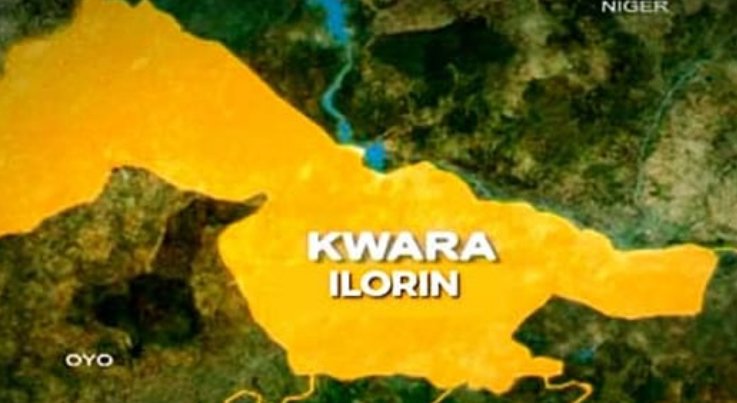Kwara Massacre: How Bandit Killed 15 People Including Traditional Ruler, Town Emptied After Attack

By Ibironke Mulikat
The agrarian community of Oke-Ode in Ifelodun LGA of Kwara State was turned into a ghost town on Sunday, September 28,after suspected bandits launched a deadly dawn attack that left at least 15 people dead, including hunters, vigilantes, traders, traditional leaders.
Among those killed were the Baale of Ogba Ayo, Abdulwasiu Abdulkareem; his brother, Fatai Abdulkareem; and Prince Ishola Muhammed. Families were also kidnapped, with entire compounds deserted as panic gripped residents.
Markets, schools, and shops have been abandoned, while students of the School of Nursing, Oke-Ode, were relocated to Ilorin for safety. Commercial drivers reported that over 200 vehicles evacuated residents within days of the attack.
“It is possible the criminals will now take over after killing the Baale and the vigilantes,” one driver lamented.
A survivor while narrated how he escaped stated, “It was early in the morning, and I was sleeping when I started hearing gunshots,” he said.
“I quickly climbed the roof to hide. After about 30 minutes, I came down and saw my brother, the baale, his younger brother and son lying dead in a pool of blood. Their bodies were riddled with bullets.”
Survivors Allege Security Complicity in Oke–Ode Attack
While residents grieve, suspicions of security lapses hang over the Oke-Ode massacre. Some survivors accused security operatives of disarming local hunters shortly before the attack.
One hunter said their weapons had been collected under the pretext of servicing, leaving them defenceless.
The hunter said, “It is someone who has not seen a real fight that calls himself a man. It was a tough battle. Those people came with sophisticated weapons. We tried our best, but we were overwhelmed. We gave them fire for fire; the bandits were many.
“A military officer had collected most of our guns the previous day, saying he wanted to service them. Immediately, he collected the guns, he kept them in the house with bullets. He slept at Ajase, and maybe it was one of those supplying the guns that hinted them that the guns had been recovered from us, and that they should start coming.
“That was the way I thought about it because since the guns were given to us, nobody attacked us. But it was the day he collected the guns and bullets for servicing that those people attacked. That looked suspicious.
“The remaining guns we had to protect ourselves were not enough at all. If the guns had not been collected and everything was available, they wouldn’t have been able to do that. They were able to attack us because we had insufficient guns and bullets.”
A grieving widow even alleged that DSS operatives handed over seized weapons to herdsmen, though government officials denied this. Rafiu Ajakaye, Chief Press Secretary to Governor AbdulRahman AbdulRazaq, dismissed the allegations as false, noting that the leadership of the forest guards also refuted them.
Still, locals remain unconvinced. “Somebody somewhere knows what is happening,” a youth leader said. “Until soldiers move into the forests to flush out the bandits, we are not safe.”
Kwara Govt Moves to Establish Civilian Task Force After Massacre
Following the Oke-Ode massacre, Kwara State Governor AbdulRahman AbdulRazaq has announced plans to establish a civilian task force to strengthen local security.
The governor, in a statement on Friday, described the slain hunters and vigilantes as heroes and vowed their sacrifice “will not be in vain.” He said the civilian outfit would be drawn from communities, trained, and supported to work with security agencies.
He added that the task force would help counter rising kidnappings and violent attacks across Kwara’s hinterlands.
The Police Command also confirmed that joint operations with the Army and other agencies had been intensified. “We are not leaving anything to chance,” said SP Adetoun Ejire-Adeyemi, the state PPRO.
The state government further pledged support for victims’ families, upgrades to local infrastructure, and improved security presence in the Edu–Patigi axis.







